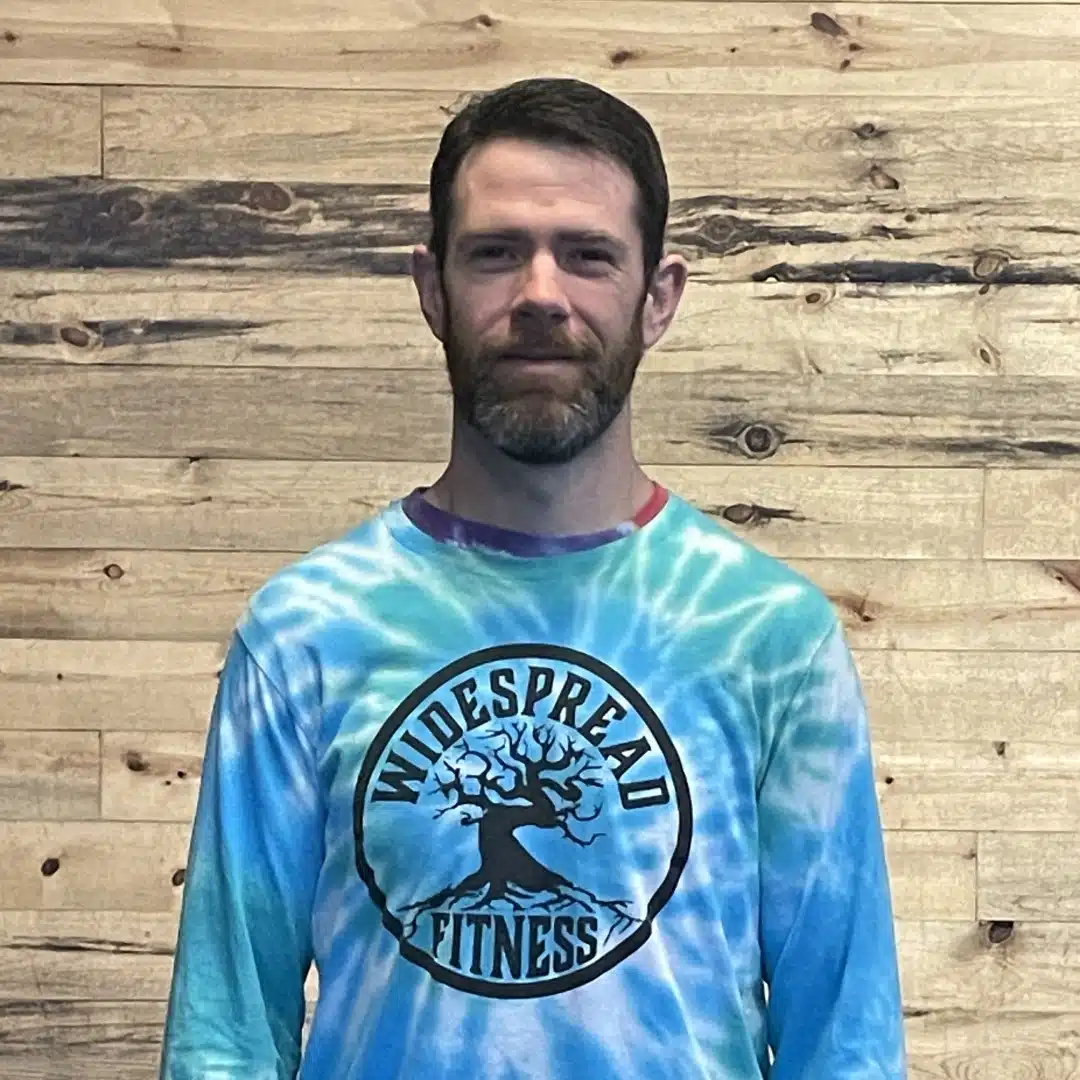High fat or low carb diets are a popular choice when it comes to styles of eating. Electing to eat more fat and minimize carbohydrate intake can be a great choice if you are trying to promote lean body mass, increase insulin sensitivity, and easily maintain health.
It is important that you consult with your doctor before beginning any new approach to your nutrition. Eating a diet higher in fat, with moderate protein, and lower in carbohydrate is beneficial for most people but may not be right choice for you under certain conditions. Healthy individuals however should consider the benefits of this eating approach. By avoiding these 5 Common Mistakes in your Low Carb Diets you will set yourself up for success.
Eating the same foods over and over.
Insufficient Carbohydrate Intake.
Missing Out on Key Vitamins and Minerals
You aren’t able to hydrate properly.
You don’t fuel before or replenish after a workout.
1. Eating the same foods over and over.
Lack of diversity is one of the most mistakes that can occur in many diets. With low carb diets this usually is a result of a limited range of choices for fats and a relatively small amount of carbohydrate consumption that limits the amount of foods you eat in that macronutrient.
For fats it is important that you include fats from a wide range of products including nuts, seeds, plants, meat, and fish. You should especially focus on including high quality polyunsaturated and monounsaturated fats that will give your body a healthy dose of omega 3 and omega 6 fatty acids.
For carbohydrates you should focus on getting most of your intake from vegetables, low glycemic fruits and starches, and unrefined whole grain foods. This will help you meet nutrient requirements and the fiber will help prevent spikes in blood sugar that can lead to cravings and fat storage.
2. Insufficient Carbohydrate Intake.
Another common mistake in low carb diets is actually going too low carb. Consuming healthy amounts of vegetables and low glycemic fruits will provide you the energy needed to get through your day. Unless you are trying to enter ketosis your body is running on glucose to fuel the brain. Unless you are practiced at fasting or burning fat as a fuel source you may experience swings in mood and energy levels by simply chopping carbs out of your diet. Most low carb diets still recommend 10-20% of intake from carbs. That means 200-400 calories throughout the day and leaves room for healthy foods like broccoli, carrots, and blueberries!
3. Missing Out on Key Vitamins and Minerals
When carbs are restricted it can be difficult to consume adequate levels of certain nutrients. One study looked at the Atkins diet, a popular low carb diet and found it delivered 100% of the RDI for only 15 out of 27 essential micronutrients. Incorporating a wide range of healthy carb choices will ensure you eat a broad spectrum of vitamins, minerals, and other beneficial phytonutrients. Low carbohydrate intake may not be the best long term plan without proper supervision and supplementation of certain micronutrients.
4. You aren’t able to hydrate properly.
Each gram of carbohydrate in the body can hold 2-3 grams of water. When we stop consuming carbohydrates it can be difficult for the body to maintain adequate hydration levels. Consuming salt, potassium, and other trace minerals becomes even more important when you choose low carb. Focus on high quality sea salt that will help replenish stores after sweating.
5. You don’t fuel before or replenish after a workout.
The final pitfall of a low carb/high fat diet is improper fueling before and after exercise. During bouts of intense activity the body demands more fuel to sustain intensity and output. Many folks who don’t consume carbs before a workout tend to feel weaker and sluggish during exercise. They then try to fuel their performance with caffeine and stimulants which further deplete them and place additional strain on the central nervous system. Consuming carbs before a workout will help boost performance and allow the body to train longer and harder.
After exercise the body needs to refuel glycogen stores. Any carbs consumed after a workout are going to be shuttle into muscle cells and stored as glycogen for energy later. By refueling your body during this time you set the tone for your next workout.
Have you made one or more of these mistakes in your nutrition? No worries. Information is key and working with a coach who has the right information is the best way to get the results you want!










